
An effective lymphodepletion strategy is critical to success with chimeric antigen receptor T-cell therapy, but also the choice of patients and even the cells used for CAR T cell manufacturing should be made with care.

An effective lymphodepletion strategy is critical to success with chimeric antigen receptor T-cell therapy, but also the choice of patients and even the cells used for CAR T cell manufacturing should be made with care.
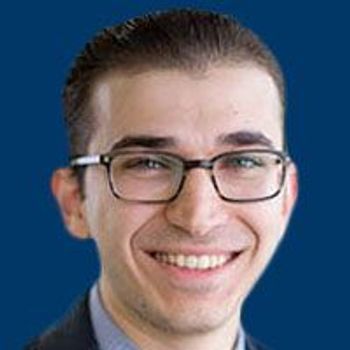
Talal Hilal, MB, BCh, discusses the findings of a meta-analysis of rituximab maintenance for patients with mantle cell lymphoma (MCL), and the approach to maintenance therapy in patients with MCL.
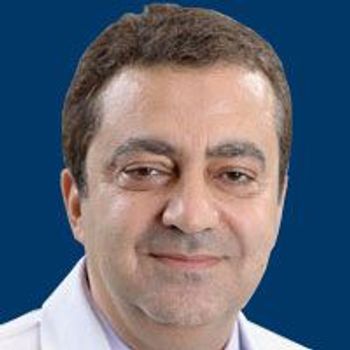
Chimeric antigen receptor T-cell therapies have quickly moved from early phase clinical trials to FDA approval for diffuse large B-cell lymphoma, with research now exploring ways to shift these agents earlier in the treatment paradigm.

Michael Wang, MD, discusses what he hopes to find in the ZUMA-2 trial and his belief that MCL can be cured in his lifetime.

Ixazomib (Ninlaro) improved progression-free survival compared with placebo as a maintenance therapy in adult patients with multiple myeloma who responded to high-dose therapy and autologous stem cell transplant.

More than 20% of patients with non–clear cell RCC had a germline mutation, and half of this group could benefit from direct systemic therapy.

Results of a Phase 1/2a gene therapy clinical trial in children with Duchenne muscular dystrophy (DMD) revealed a significant decrease in levels of serum creatine kinase, an enzyme biomarker associated with muscle damage caused by DMD.

The trial is designed to test chimeric antigen receptor (CAR) T-cell therapy in children and young adults with relapsed/refractory brain and central nervous system (CNS) tumors, wherein the modified CAR T cells will be directly injected at the site of tumor resection or into the ventricular system of the CNS.
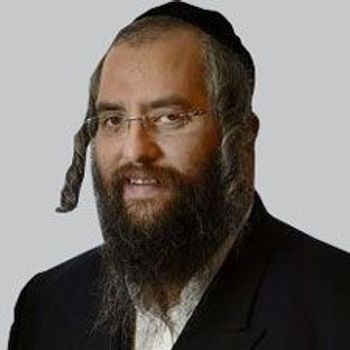
The autologous stem cell therapy is currently in a phase III trial.

The European Medicines Agency’s Committee for Medicinal Products for Human Use has recommended approval of tisagenlecleucel for the treatment of either adult patients with diffuse large B-cell lymphoma that is relapsed or refractory after 2 or more lines of systemic therapy, or patients up to 25 years of age with B-cell acute lymphoblastic leukemia that is refractory, in relapse posttransplant, or in second or later relapse.

We've rounded up the top 5 most read articles of June, including trial results from the 2018 American Society of Clinical Oncology Annual Meeting and a FDA breakthrough therapy designation for a gene therapy.
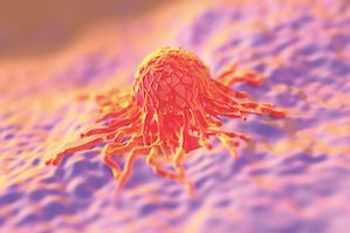
Drug manufacturer AbbVie, and a nonprofit drug discovery division of Scripps Research, Calibr, announced earlier this week that they are partnering to develop chimeric antigen receptor (CAR-T) cell therapies primarily aimed at treating cancer, particularly, solid tumors.

From making the Oncology Care Model work to the challenges of paying for CAR T-cell therapy, panelists at the National Comprehensive Cancer Network Policy Summit discussed how the cost of innovation affects decisions.
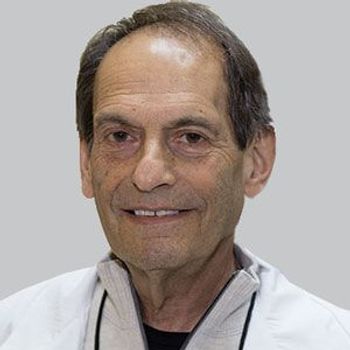
A novel gene therapy has demonstrated impressive early results in a small sample of 3 children with Duchenne muscular dystrophy.
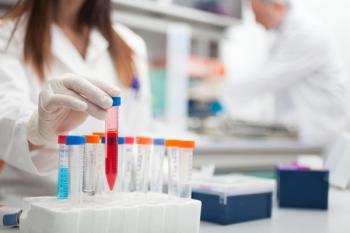
Positive preliminary results from the Sarepta Therapeutics, Inc phase 1/2a gene therapy clinical trial assessing AAVrh74.MHCK7.micro-Dystrophin vector in individuals with Duchenne muscular dystrophy (DMD) indicate outstanding promise.

Across 3 cohorts, the therapy showed improvements in on-time without troublesome dyskinesia, ranging from 2.1 hours to 3.5 hours.
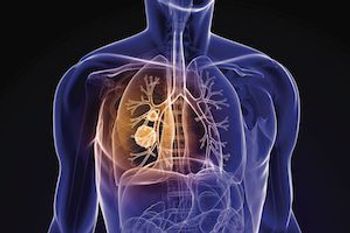
Last week, Bristol-Myers Squibb announced that the China National Drug Administration approved the country’s first immuno-oncology and first PD-1 therapy, nivolumab (Opdivo), for the treatment of locally advanced or metastatic non-small cell lung cancer (NSCLC).
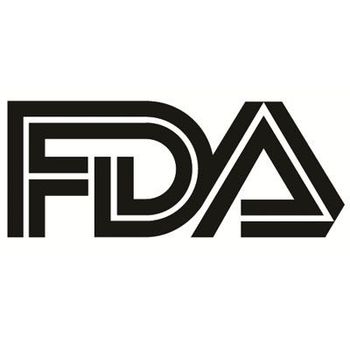
Clinical data demonstrate that CD34+ cell therapy improves exercise capacity, angina frequency and reduces mortality in no-option refractory angina.
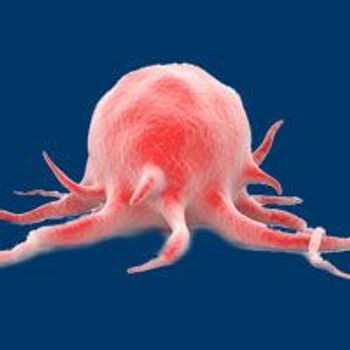
Advanced sequencing techniques have revolutionized the understanding of how cancer has developed and enabled treatment selection based on genomic characterization of the tumor.
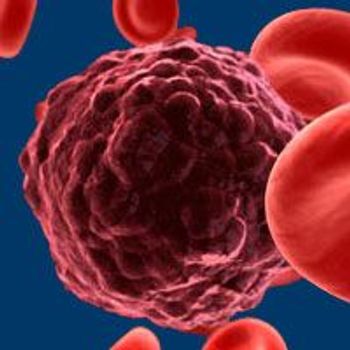
At a median follow-up of 14.1 months, the chimeric antigen receptor T-cell therapy tisagenlecleucel achieved an objective response rate of 52% in adult patients with relapsed/refractory diffuse large B-cell lymphoma.

A CAR T-cell therapy specific for CD22 was safe and provided high response rates for pediatric patients with B-cell acute lymphoblastic leukemia who had failed chemotherapy and/or a CD19-targeted CAR T-cell treatment.

A compound CLL1/CD33-targeted CAR T-cell therapy showed a complete remission with minimal residual disease (MRD) negativity in a single-patient case study from an ongoing phase I study for relapsed/refractory acute myeloid leukemia.
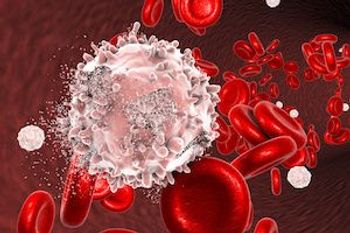
A new approach using gene editing technology could allow chimeric antigen receptor (CAR) T cells to target CD33 in patients with acute myeloid leukemia (AML) but prevent the cells from attacking healthy stem cells, too.
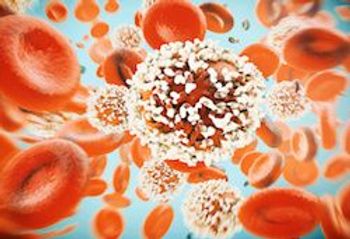
Last year, the FDA expanded the indications of rheumatoid arthritis (RA) drug tocilizumab (Actemra) to include the treatment of cytokine release syndrome (CRS) caused by CAR T-cell therapy. Recently, 2 studies have identified another rheumatoid arthritis drug that could be more effective in the treatment of CRS.
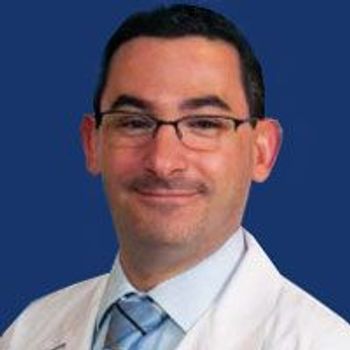
The CD19-directed chimeric antigen receptor T-cell therapy lisocabtagene maraleucel (JCAR017; liso-cel) is showing promising response rates in patients with high-risk diffuse large B-cell lymphoma.
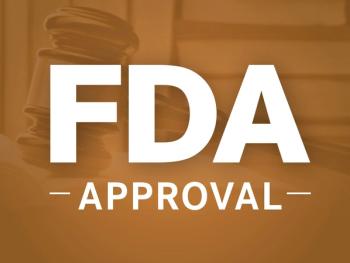
The FDA has approved pembrolizumab for the treatment of refractory primary mediastinal large B-cell lymphoma (PMBCL) or who have relapsed after 2 or more previous lines of therapy.

The FDA has granted an accelerated approval to pembrolizumab for the treatment of adult and pediatric patients with refractory primary mediastinal large B-cell lymphoma, or those who have relapsed after 2 or more prior lines of therapy.
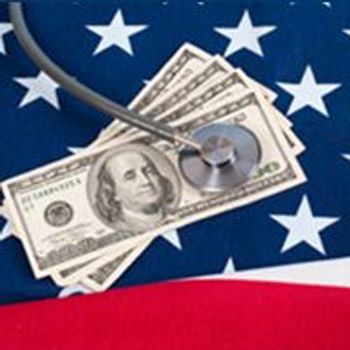
CMS has proposed a different way to handle payment for chimeric antigen receptor T-cell therapy, one that the medical and manufacturing community thinks is unworkable.

CAR T-cell therapy with bb2121 induced deep, long-lasting responses in patients with heavily pretreated MM.
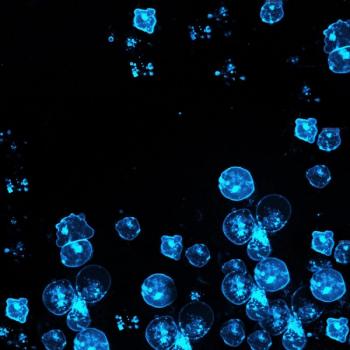
Planned analyses of phase 3 trial of gilteritinib as a maintenance therapy after allogeneic hematopoietic stem cell transplantation in patients with Fms-like tyrosine kinase 3 internal tandem duplication (FLT3-ITD) mutations in acute myeloid leukemia (AML).